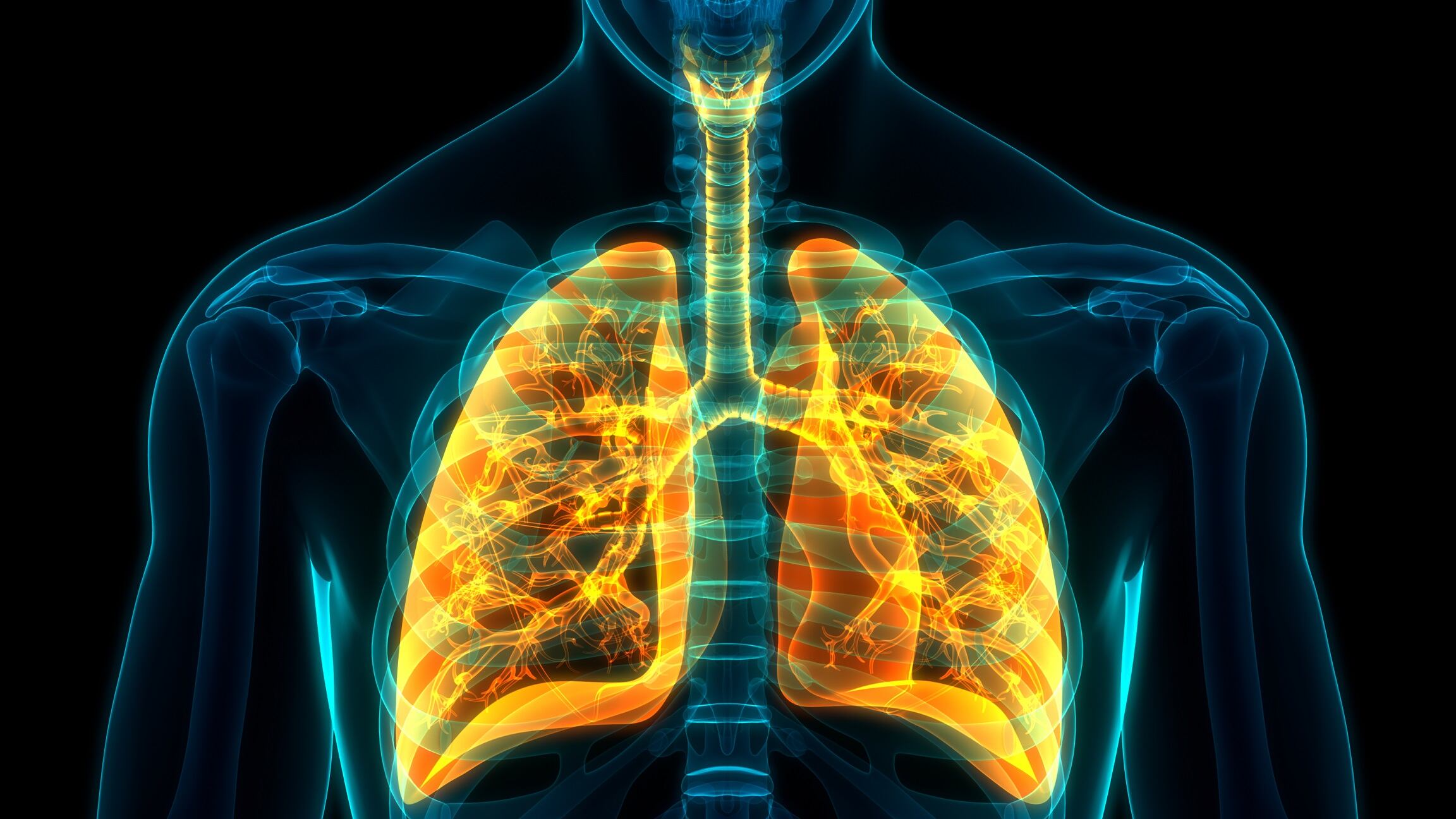Data published in the American Journal of Epidemiology also indicated that higher DHA levels were linked to a lower rate of death due to ILD, and less interstitial lung abnormalities on computed tomography (CT).
The potential benefits of higher DHA levels are linked to the anti-inflammatory activity of the omega-3 fatty acids. Specifically, a “slowed inflammatory response and accelerated resolution of inflammation,” study co-author Dr William Harris, PhD, from the University of South Dakota told NutraIngredients-USA.
“I think the salient points of this study are that the severity of an inflammatory disease this time in the lung, and not the heart or brain or blood vessels or adipose tissue is inversely related to omega 3 blood levels,” explained Dr Harris, who is also a principal in the omega-3s testing firm OmegaQuant.
“That is, after adjusting statistically for the other factors that could make one susceptible to interstitial lung disease, a low DHA level was still associated with increased risk for having ILD by lung CT scanning.”
“More importantly, a low DHA level was associated with having a greater risk of being hospitalized for ILD and for dying from ILD related lung disorders. This research suggests that having higher circulating omega 3 levels offer significant protection in this context, which is particularly timely given the COVID 19 pandemic,” added Dr Harris.
Correlation vs causation
The study, which included data for over 10,000 participants in the Multi Ethnic Study of Atherosclerosis (MESA), the Framingham Heart Study (FHS), and Age Gene/Environment Susceptibility Study (AGES), shows an association: Correlation and not causation.
Dr Harris told us that he knows that intervention trials are ongoing: The PREPARE-IT trial between Harvard University, the Cardiovascular Institute of Rosario and Argentina's Latin American Clinical Studies, which is testing the hypothesis that eight grams daily of EPA (Vascepa) could impact the risk of COVID-19 contagion in Argentine healthcare workers; and a trial from Jordan's Applied Science Private University, which is investigating if 300 mg/day of EPA and DHA given to uninfected Jordanian test subjects for two months can significantly affect their interleukin levels compared to a control group.
ILD encompasses a wide range of disorders, most of which cause progressive scarring to the lungs. This scarring affects the ability to breathe and get enough oxygen into the bloodstream.
Study details
Led by John Kim, MD from the University of Virginia, the researchers examined associations of circulating levels of DHA, and other fatty acids, with hospitalization and death due to ILD over a 12-year period.
The results showed that higher DHA levels were associated with a lower risk of hospitalizations due to ILD and a lower rate of death due to ILD.
“[H]igher circulating levels of DHA were associated with a lower rate of clinical ILD events prospectively and less lung abnormalities on CT cross-sectionally among community-dwelling adults,” wrote the researchers.
“Further studies that examine downstream biological pathways of n-3 PUFAs and their metabolites in adults with lung imaging abnormalities and clinically diagnosed ILD through several platforms (i.e. transcriptomics, proteomics) will provide insight on causality and mechanisms between n-3 PUFAs and ILD,” they concluded.
Source: American Journal of Epidemiology
Published online ahead of print, doi: 10.1093/aje/kwaa168
“Associations of Omega-3 Fatty acids with Interstitial Lung Disease and Lung Imaging Abnormalities Among Adults”
Authors: J.S. Kim et al.





